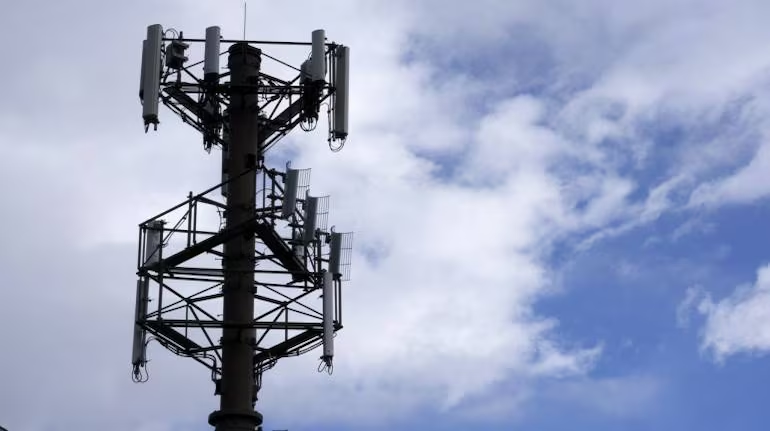A widespread power outage across Spain and Portugal has highlighted the critical importance of backup generators for maintaining essential services during grid failures.
Today, both countries experienced devastating blackouts that crippled major cities, transportation networks, and telecommunications infrastructure. However, companies equipped with emergency power solutions managed to maintain partial operations despite the chaos.
The Power Crisis Unfolds
Spain and Portugal were suddenly plunged into darkness as a mysterious power failure swept across the Iberian Peninsula.
This unprecedented outage brought several major Spanish cities to a complete standstill, with Valencia and Barcelona experiencing total power loss. Moreover, the Spanish rail network was forced to shut down entirely, stranding countless passengers.
The disruption extended beyond basic utilities and transportation. Telecommunications carriers reported severe network issues, with 5G, internet, and data services significantly impacted throughout the affected regions.
CloudFlare reported dramatic drops in internet traffic as much as 37 percent in Spain and 30 percent in Portugal at approximately 10:30 am UTC.
Telecom Companies Rely on Emergency Power Solutions
Interestingly, telecommunications providers demonstrated the value of preparedness through their emergency response. Vodafone, one of Spain’s major carriers, announced on social media that its network continued operating at 70 percent capacity “thanks to backup generators.
The company further explained that they were “taking measures to maintain communications for as long as possible, prioritizing and managing resources and network capacity most efficiently.”
Similarly, MásOrange confirmed to Spanish publication El Confidencial that they were utilizing gasoline-powered generators to keep their offices operational during the crisis.
Other major telecommunications companies, including Telefónica and Digi, implemented emergency power solutions, though they too faced significant challenges.
Critical Infrastructure Resilience
The extensive blackout affected most cities across Spain and Portugal, even extending into some regions of France. Nevertheless, certain critical infrastructure remained operational thanks to proper emergency preparations.
For instance, the Barcelona Cable Landing Station reported that all submarine cables and client services hosted at their facility remained fully functional and unaffected by the power crisis.

Understanding the Importance of Emergency Power Solutions
This large-scale outage underscores how vital backup generators are for maintaining essential services during unexpected power failures. Without these emergency systems, the consequences of such widespread outages would be significantly more severe, potentially putting lives at risk.
Types of Backup Power Systems
Different organizations rely on various emergency power solutions:
- Diesel generators – Commonly used for large-scale facilities and data centers due to their reliability and capacity
- Natural gas generators – A cleaner alternative that connects to existing gas infrastructure
- Battery backup systems – Provide immediate power before generators activate
- Hybrid solutions – Combines multiple technologies for enhanced reliability
Preparing for Power Emergencies
Organizations can learn several valuable lessons from this crisis:
- Regular testing and maintenance of backup systems are essential
- Fuel reserves must be adequate for extended outages
- Backup solutions should be scaled appropriately for critical loads
- Emergency response plans need regular updates and drills
- Redundant systems provide additional protection against failures
The Path Forward
As Spanish grid operator Red Electrica works with energy companies to restore power, the exact cause of the blackouts remains unknown.
Portuguese grid operator E-Redes attributed the issue to “a problem with the European electricity system” and reported implementing selective power cuts to stabilize the network.
Spain’s Prime Minister, Pedro Sanchez, advised citizens that “mobile phones should be used responsibly” during the crisis, acknowledging the strain on partially operational networks.
Meanwhile, telecommunications companies continue relying on their emergency power systems while awaiting full restoration of the electrical grid.
This event serves as a powerful reminder that energy infrastructure remains vulnerable to unexpected failures. Consequently, organizations responsible for critical services must maintain robust emergency power capabilities.
Expert Editorial Comment
The difference between companies that maintained operations and those that failed often came down to one crucial factor: whether they had invested in reliable backup power systems.
For businesses and critical infrastructure operators, this crisis demonstrates that backup generators aren’t merely optional; they’re essential components of comprehensive business continuity planning.
As our dependence on digital infrastructure grows, so does our responsibility to ensure its resilience during emergencies.

